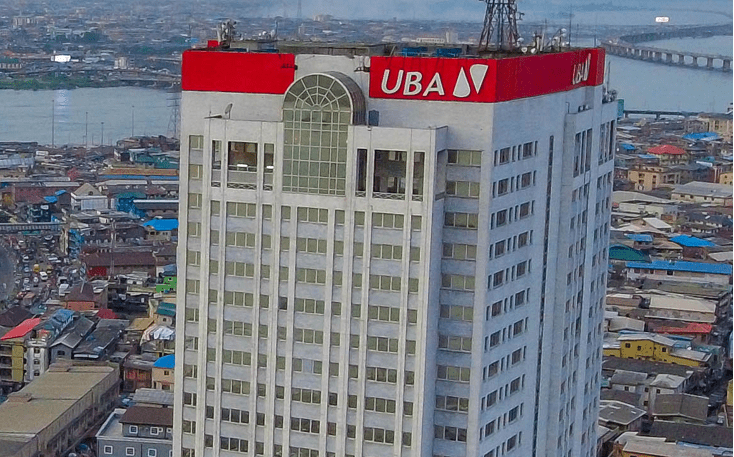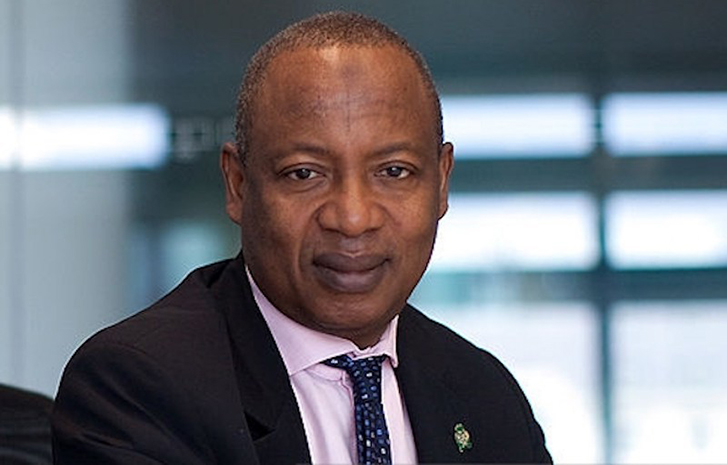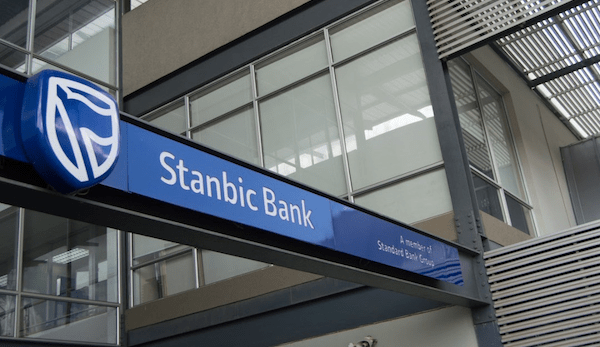- Say Nigeria is financially, economically better than years ago
Eromosele Abiodun and Nume Ekeghe in Washington DC
The Governor of the Central Bank of Nigeria (CBN), Mr. Olayemi Cardoso, and the Minister of Finance and Coordinating Minister of the Economy, Mr. Wale Edun, have reiterated that Nigeria’s economy has weathered its most turbulent storms and is now firmly on a path toward growth and stability.
They noted that at a joint press conference at the close of the 2025 International Monetary Fund (IMF) and World Bank Spring Meetings in Washington D.C., Cardoso and Edun presented a bullish outlook for the country, highlighting macroeconomic reforms, improved investor confidence as they target an ambitious growth targets.
Cardoso said: “We are custodians of stability. Our role is to ensure that people can plan without suffering the shocks of internal or external disruptions. This is not the time to be cynical. If we do not recognize and take advantage of our opportunities, others will. Capital moves to where the environment is enabling. So it’s not the time to be cynical. It’s time for us to look to the future. With every confidence that we will get out of any problem that we are faced with,” he added.
Cardoso noted that Nigeria’s resilience amid recent external shocks had earned international respect, stating, “It has taken a lot of coordination between the fiscal and the monetary, learn from mistakes, being bold enough to look at other means of doing certain things to get better results, and now we are here at a time where the international community are asking others to learn from what Nigeria has been able to accomplish.”
Reforms undertaken in the last 18 months, Cardoso said, have strengthened monetary buffers and stabilised the foreign exchange market. “Indeed, the macroeconomic stability we are beginning to see today would not have been possible without these decisive actions,” he stated. “Our policy stance is firmly focused on bringing inflation down to single digits in a sustainable manner over the medium term. Our goal is to restore price stability, protect household purchasing power, and lay the foundation for long-term investment.”
The CBN governor further disclosed that the gap between the official and parallel market exchange rates had disappeared, while speculative arbitrage a persistent source of currency pressure in past years had also vanished. “This renewed stability has restored confidence and spurred autonomous inflows through formal channels. These inflows are diversifying our foreign exchange sources beyond oil,” Cardoso said.
On his part, Finance Minister Wale Edun confirmed that critical economic indicators are now trending positively, noting a clear break from the precarious conditions that existed a few years ago.
“Nigeria is economically, financially, in a much better place than it was just a couple of years ago. Inflation is coming down, the exchange rate is stabilising, food prices are easing, and the fundamentals are much stronger,” Edun said.
However, he underscored that growth must now be accelerated to lift millions of Nigerians out of poverty. “Unless we get to about 7 per cent growth, we are not going to substantially reduce poverty and improve the life of Nigerians. That is the target and commitment of this administration.”
He noted that currently, Nigeria’s economy is growing at an average of 3.4 per cent in 2024, with the most recent quarterly figure recorded at 3.84 per cent. Edun outlined key strategies to bridge the growth gap, including boosting agricultural productivity, expanding digital infrastructure, supporting entrepreneurship, and enhancing access to finance across all sectors.
The administration, he revealed, is also pivoting away from dependence on concessional and commercial external funding towards aggressive domestic revenue mobilisation. “The focus now is on domestic revenue mobilisation,” Edun said. “The focus is on crowding in the private sector so that they can come in and invest across the board: infrastructure, digital, toll roads.”
He explained that the imminent passage of key tax reform bills would significantly increase Nigeria’s tax-to-GDP ratio, improving the federal government’s revenue base. “They can probably tell you better than I, but I think the imminent passing of that tax reform bill is on the horizon, and once it is passed, it does have in it the potential for increasing tax revenues that are earned by the government,” Edun said.
Looking ahead, both Cardoso and Edun stressed that the private sector must be the engine of sustained growth and job creation. With macroeconomic stability returning and investor confidence rebounding, Nigeria appears poised if reforms stay on course to realise its long-elusive dream of inclusive, broad-based prosperity.
“We have turned the corner. It is now time for every Nigerian to contribute towards building a stronger, more prosperous economy,” Edun declared.






